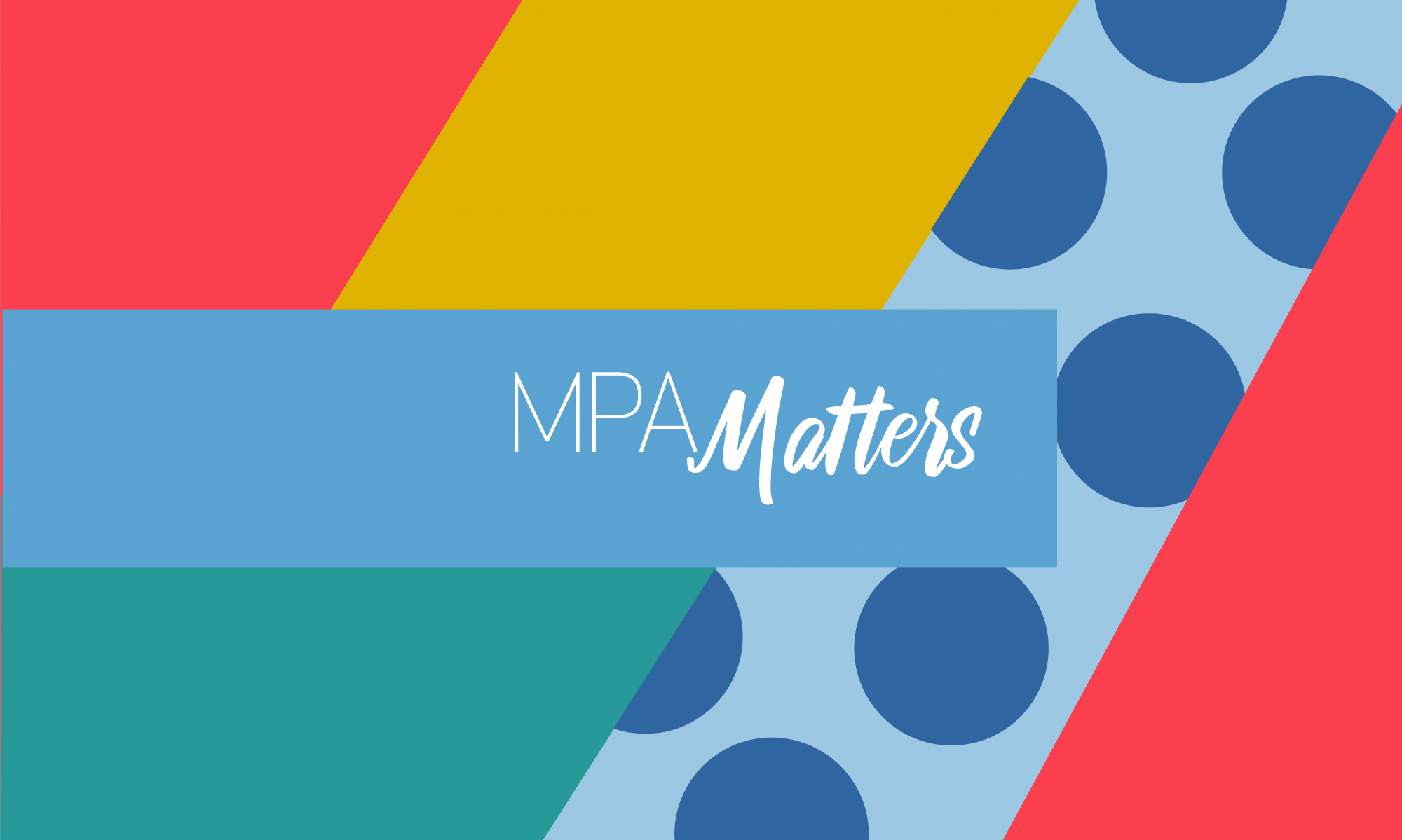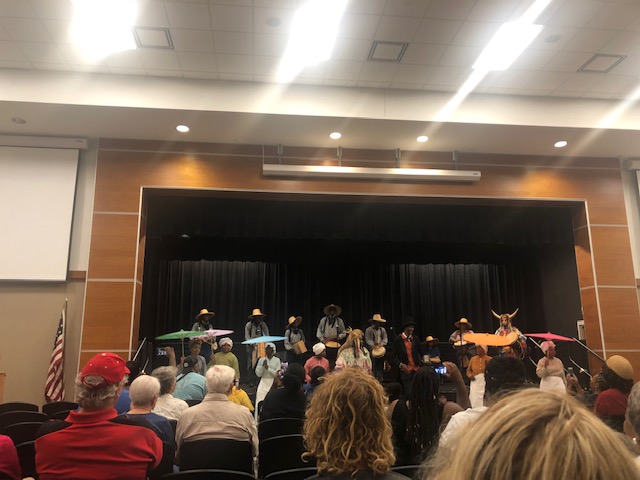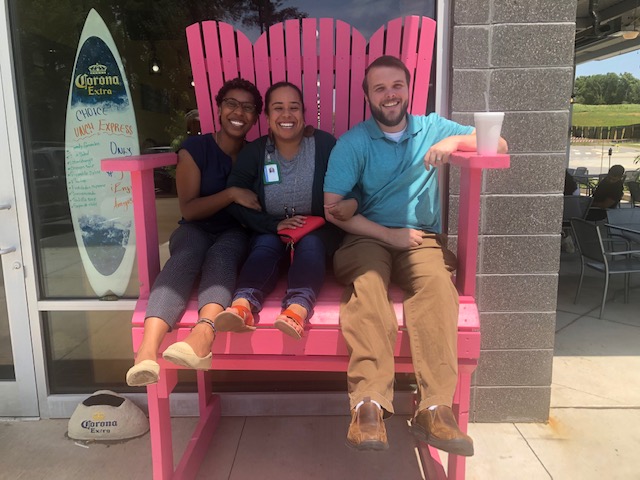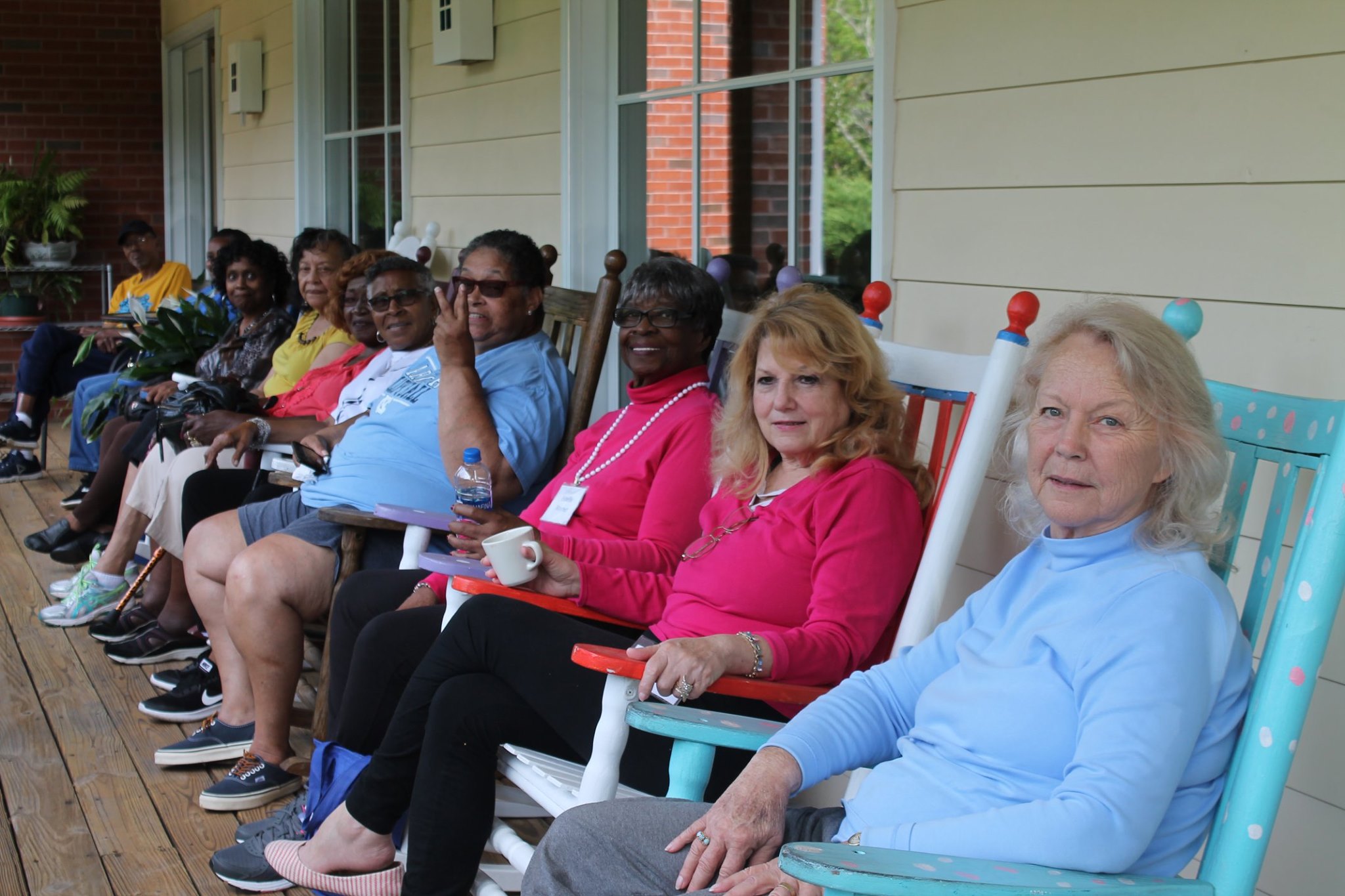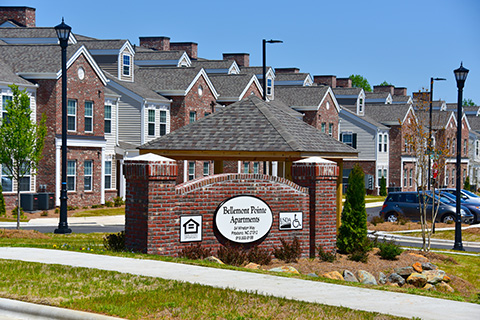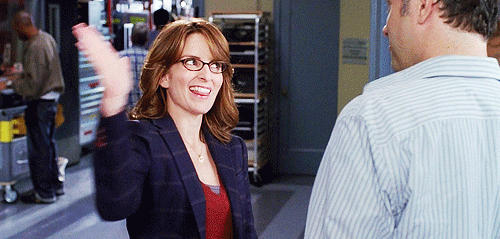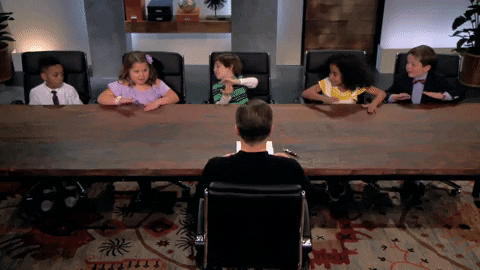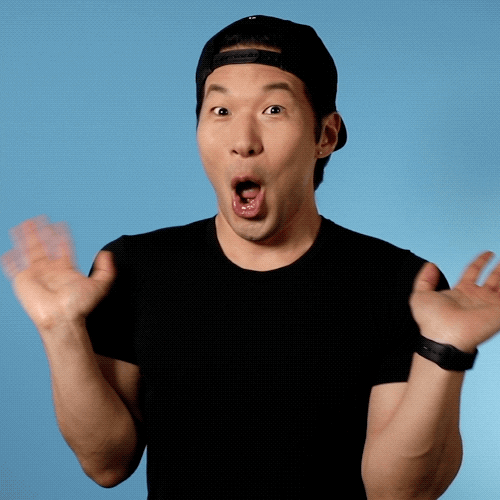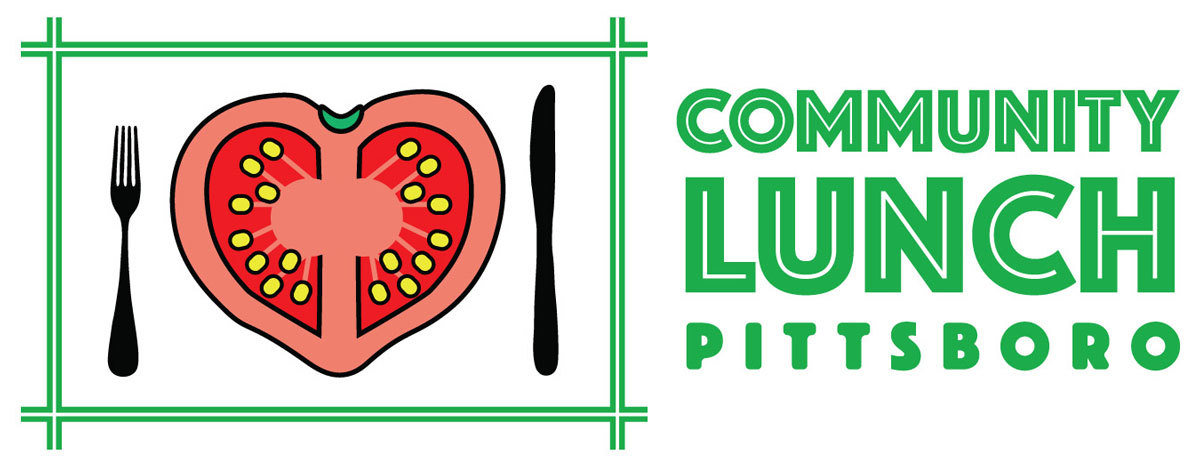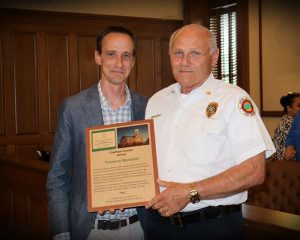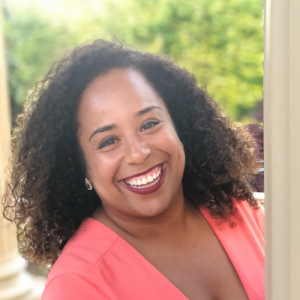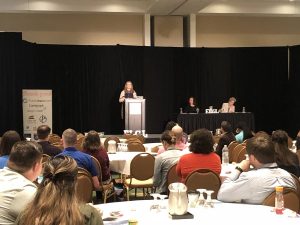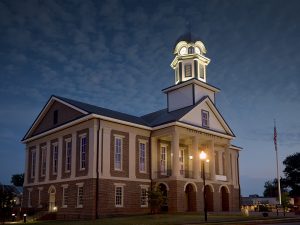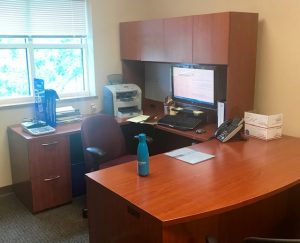Over the past few weeks, I have conducted 26 interviews and attended eleven community meetings in an attempt to gather important information needed to push the human relations initiative forward. The surprising thing is that my interviews have yielded slightly different information than expected. Which, for the record, has not been a bad thing. It just creates more alternative pathways for a human relations initiative.
I’ve spent the past week, catching up and recovering from the many meetings and interviews. I have been reviewing notes, inputting notes, updating spreadsheets, and creating more spreadsheets. As I mentioned in a previous post, I have a spreadsheet with all of my interview questions and notes so that responses are easy to locate. After attending some sessions at, what I like to call, YouTube University (regular YouTube), I figured out the best and most straightforward way to begin coding my interviews. As I am digging through my research…it feels a little something like this…

Obviously, there are some clear connections between the results of the interviews and feedback from community meetings. The challenge is that there are so many different ways to connect and present the results. In addition to the results, I asked each interviewee if they knew of any community members that may be able to support my research. Thanks to a little bit of snowball sampling, I now have a list of secondary contacts which will provide me with more findings. So, I’ve got spreadsheets on spreadsheets on spreadsheets.

Even though it feels slightly overwhelming, I know that as I continue to dig deeper it will get better! Plus, since I already have a spreadsheet system in place, it’ll be easier moving forward with my results.
I am glad that I finally have a documentation system that I feel comfortable with. But now, I am also making a slight transition…I will begin looking into the research. I have tons of topics that I want to review to see how they apply to human relations, public interactions with local government, and diversity initiatives. To start, I will begin with digging deeper into Chatham County history by:
- renting DVDs from the Chatham County Public Library on the County’s History
- talking with historical associations, churches, and families about Chatham County
- reading up on the History of Chatham through existing reports
Even though things are shifting, I will still have interviews and meetings to attend. I will also be shadowing a department head for a day too! So, things should be getting pretty interesting this month.
I look forward to updating you next week!

